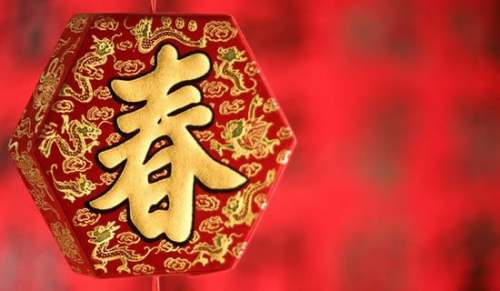春節(jié)的英語(yǔ)作文結(jié)尾
寫文章時(shí)一個(gè)好的結(jié)尾可以升華這篇文章的立意,春節(jié)的英語(yǔ)作文結(jié)尾怎么寫呢?下面是小編整理的春節(jié)的英語(yǔ)作文結(jié)尾,僅供參考。

春節(jié)的英語(yǔ)作文結(jié)尾一
The next morning, people don’t eat meat. Instead, they have vegetable dish. And then, adults will visit their friends and relatives with their children. It’s a good job for children because they can get more lucky money to buy things they like.
春節(jié)的英語(yǔ)作文結(jié)尾二
The Spring Festival lasts about 15 days long .People visit relatives and friends with the words “Have all your wishes ”. People enjoy the Spring Festival ,during this time they can have a good rest .
春節(jié)的英語(yǔ)作文結(jié)尾三
To the ordinary Chinese, the festival actually begins on the eve of the lunar New Year's Day and ends on the fifth day of the first month of the lunar calendar. But the 15th of the first month, which normally is called the Lantern Festival, means the official end of the Spring Festival in many parts of the country.
春節(jié)的英語(yǔ)作文結(jié)尾四
From then on, the tradition of observing the conquest of Nian is carried on from generation to generation. The term "Guo Nian", which may mean "Survive the Nian" becomes today "Celebrate the (New) Year" as the word "guo" in Chinese having both the meaning of "pass-over" and "observe". The custom of putting up red paper and firing fire-crackers to scare away Nian should it have a chance to run loose is still around. However, people today have long forgotten why they are doing all this, except that they feel the color and the sound add to the excitement of the celebration.
春節(jié)的英語(yǔ)作文結(jié)尾五
In south China, the favorite and most typical dishes were nian gao, sweet steamed glutinous rice(糯米)pudding and zong zi (glutinous rice wrapped up in reed(蘆葦)leaves), another popular delicacy.
In the north, steamed-wheat bread (man tou) and small meat dumplings were the preferred food. The tremendous amount of food prepared at this time was meant to symbolize abundance and wealth for the household.
【春節(jié)的英語(yǔ)作文結(jié)尾】相關(guān)文章:
關(guān)于春節(jié)英語(yǔ)作文的結(jié)尾11-28
英語(yǔ)作文開頭結(jié)尾10-26
英語(yǔ)作文素材:經(jīng)典結(jié)尾諺語(yǔ)07-07
英語(yǔ)作文的結(jié)尾方式范例10-02
家鄉(xiāng)的春節(jié)作文結(jié)尾02-03
春節(jié)作文結(jié)尾「精品」12-23
春節(jié)作文的開頭結(jié)尾08-26